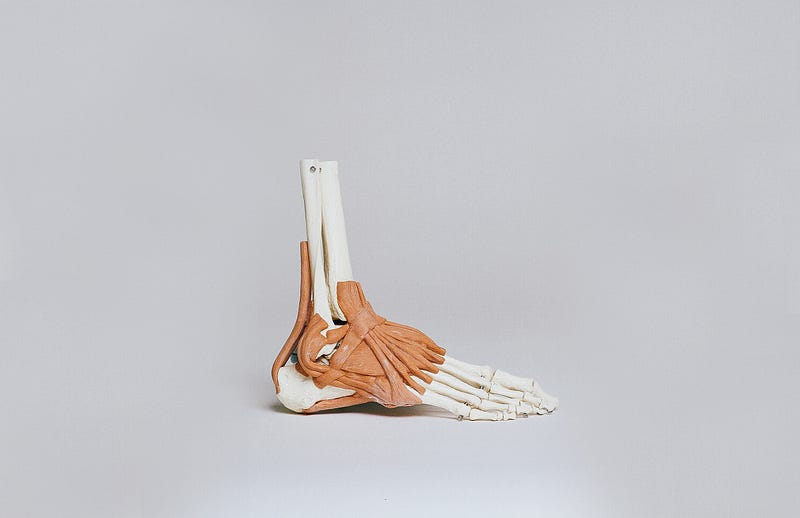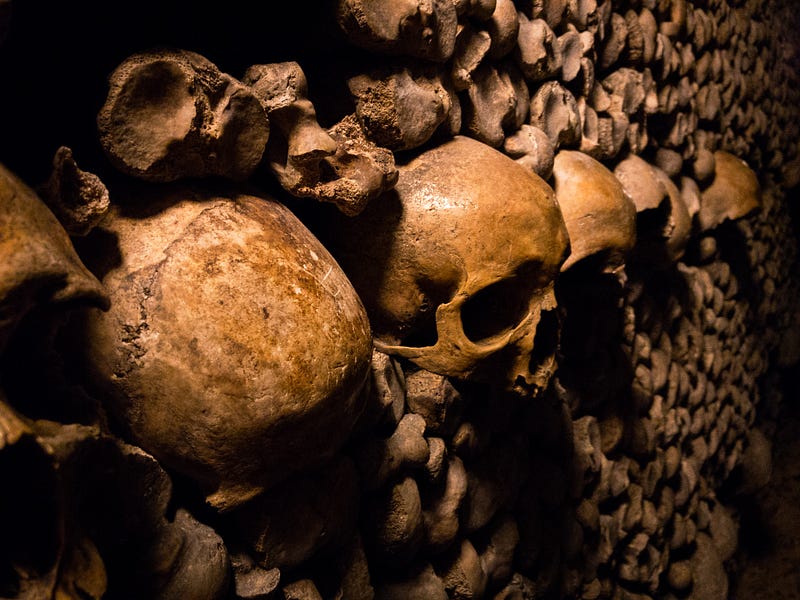Exploring the Fascinating World of Body Farms and Decomposition
Written on
Chapter 1: Understanding Decomposition
At body farms, researchers investigate the various stages of human decomposition, which is crucial for forensic taphonomists.

When a person passes away, the body’s microbiome—composed of bacteria, viruses, fungi, and other microorganisms—begins to deteriorate. The decomposition process can be divided into five distinct stages: fresh, bloat, active decay, advanced decay, and finally, dry remains. This sequence starts immediately after death and involves two chemical processes: autolysis, which refers to the breakdown of tissues by the body’s own enzymes, and putrefaction, where bacteria contribute to tissue breakdown.
These processes signify a transition from aerobic to anaerobic bacteria, leading to the establishment of a new microbial community known as the necrobiome. As these microorganisms work on decomposing the body, they release substances such as cadaverine and putrescine, which are responsible for the unpleasant odors that accompany decaying tissues.
A body exposed to natural elements—like air, water, temperature, and humidity—decomposes more rapidly than one that is buried in a coffin or underground. However, studying the necrobiome can be challenging because these microorganisms do not thrive in laboratory settings, making it difficult to observe them in their natural habitat. Additionally, different parts of a corpse can be at various stages of decomposition simultaneously.
Consequently, when a decomposing body is discovered at a crime scene or in the wild, it can be difficult for investigators to ascertain what occurred. This is where forensic taphonomy and body farms play a critical role.
Section 1.1: The Role of Forensic Taphonomy
Forensic taphonomy is the scientific study of how human remains decompose and the changes that occur postmortem. The term "taphonomy" originates from the Greek word taphos, meaning "tomb." Given the complexities of studying decomposition in a lab, forensic scientists often turn to body farms as natural laboratories.
A body farm operates on a concept similar to traditional farming: corpses are "planted" and then "harvested" for research. Numerous such facilities exist in the U.S. and Europe, with the University of Tennessee Anthropological Research Facility being the most renowned and the first of its kind globally.
Here's an insight into what a training session entails at the body farm:
At the body farm, unembalmed bodies in various stages of decomposition are subjected to environmental factors. Insects and scavengers interact with the remains, while students examine signs of rigidity, swelling, and other pathological indicators.
Some corpses are secured in cages, while others are exposed to shade or buried, allowing different conditions to influence their decomposition rates. Typically, there are at least 50 decaying bodies present at the farm, all of which are donations, contributing to one of the largest collections of skeletal remains in the world.
The facility's founder, anthropologist William Bass, began his research in the 1970s with a 73-year-old man's body, which he left to decompose in an isolated area of university property. His motivation stemmed from a murder case where he recognized the lack of knowledge surrounding human decomposition and the absence of dedicated facilities for such studies.
Though the concept may seem grim, the findings from the Body Farm have been instrumental in developing FORDISC, a tool used by forensic anthropologists to determine the ancestry, gender, and height of skeletal remains.
Section 1.2: Advancements in Forensic Science

Bass's establishment has transformed forensic anthropology. By